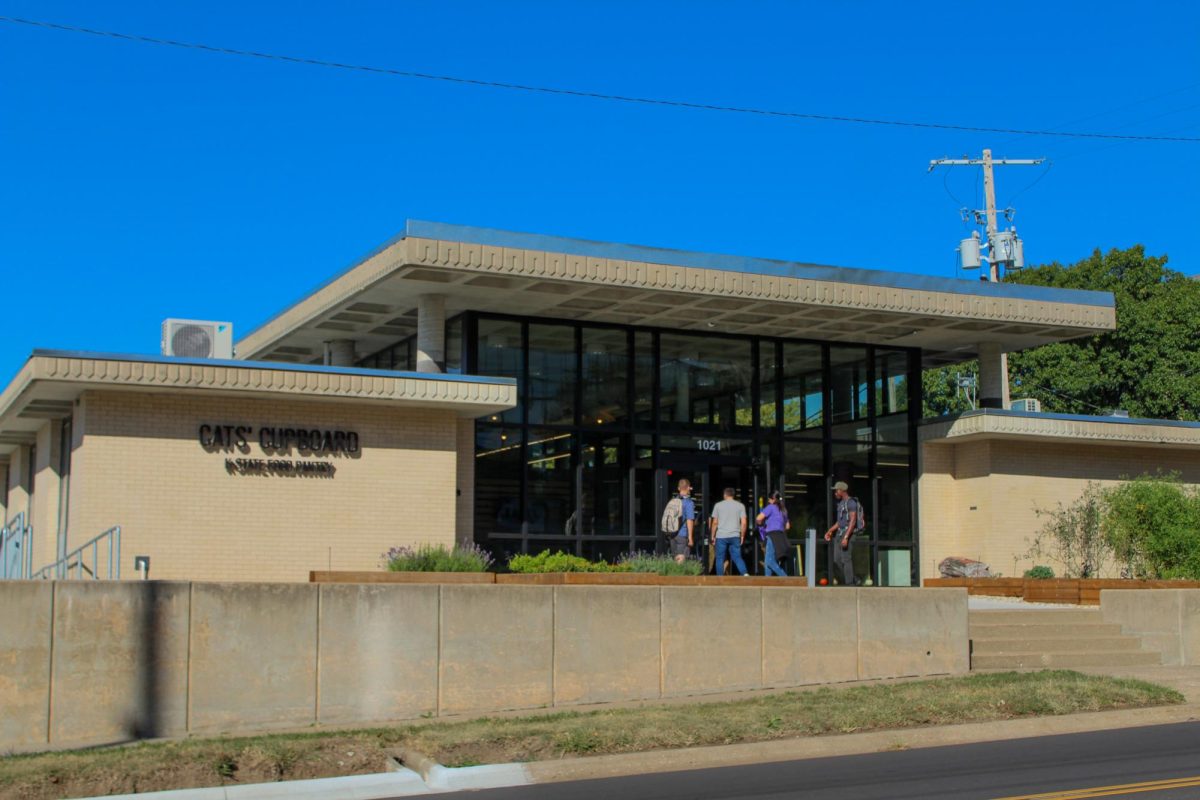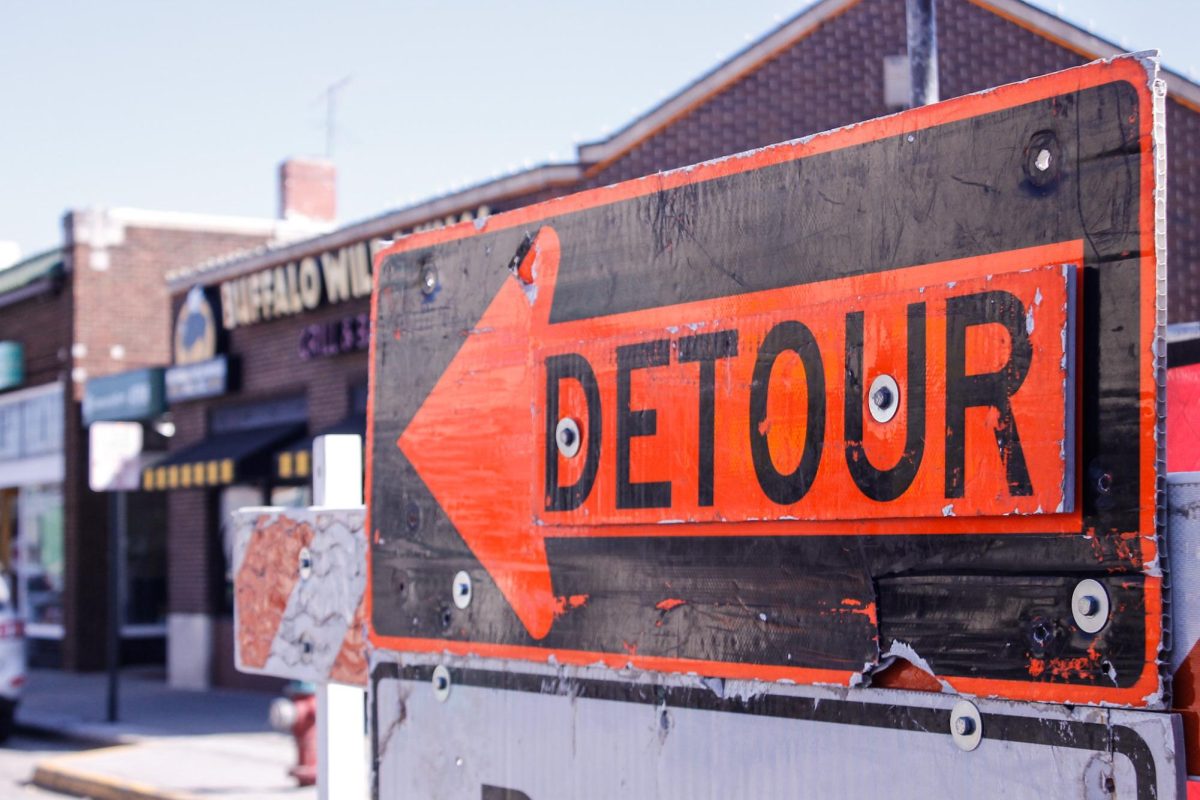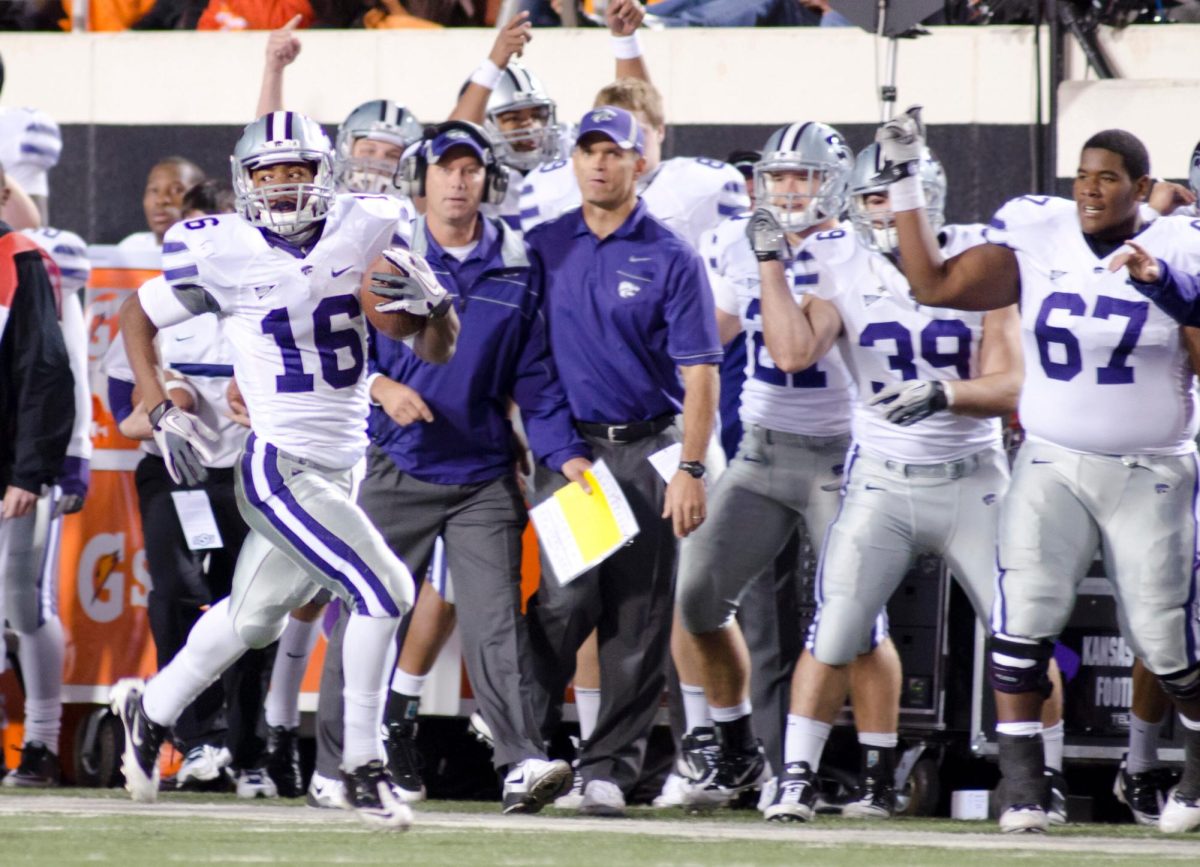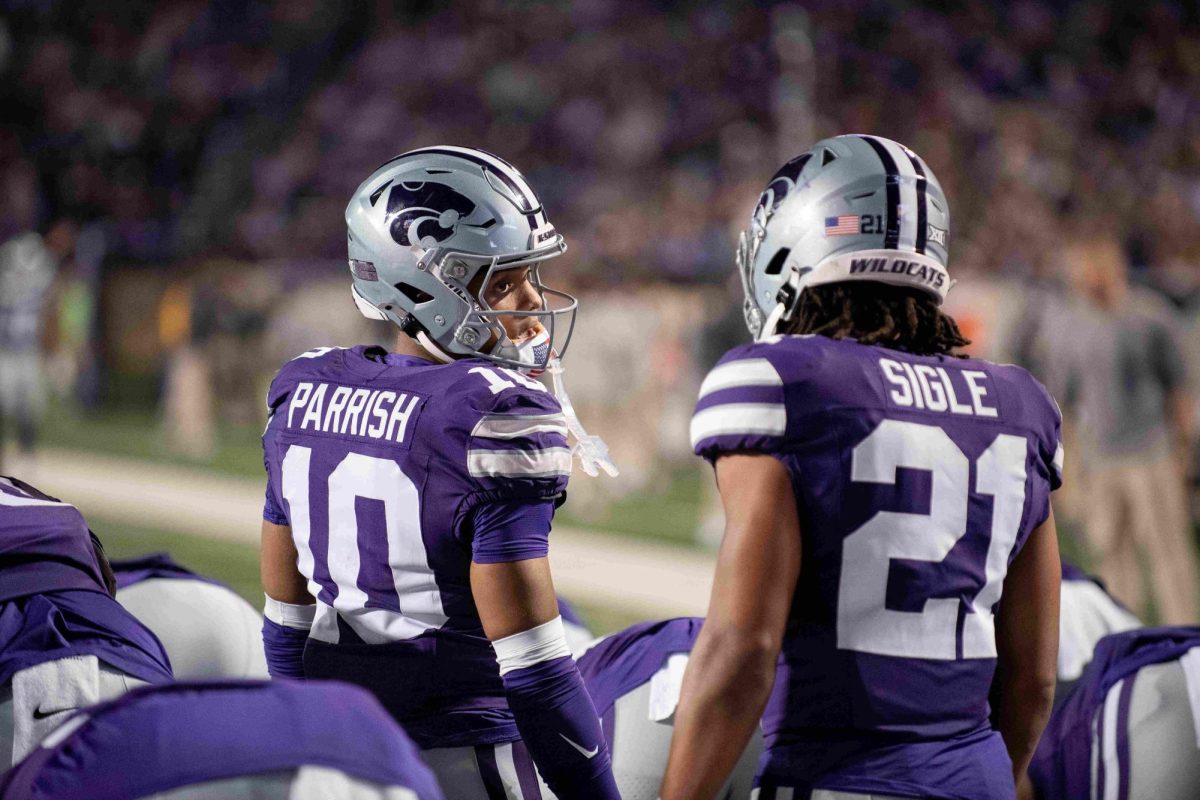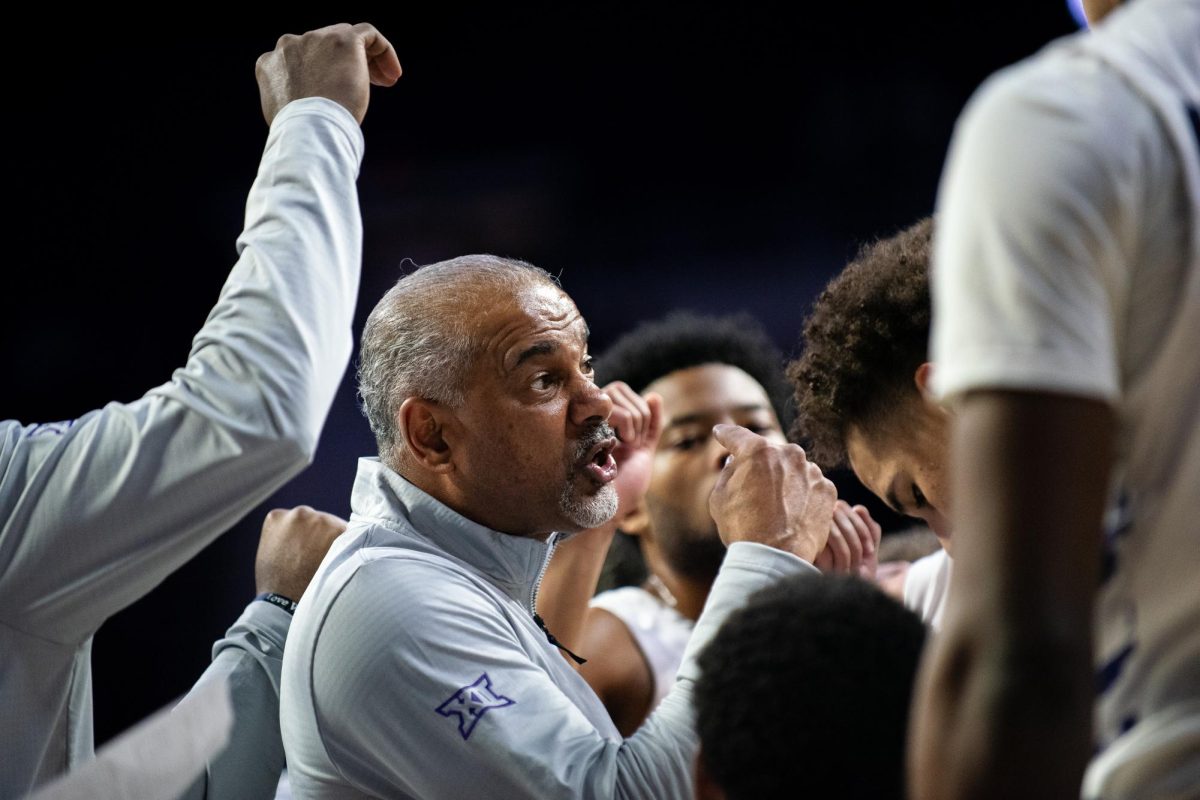If you need a car to get to and from your classes or your first job, you might wonder whether it’s better to lease or buy a vehicle.
As with many major purchases, there’s no definitive answer for everyone, but both options have specific pros – and cons – depending on your transportation needs and financial situation. Local experts like Carrie Rowe, branch manager of the Manhattan Chase branch located at 623 N. Manhattan Ave., can assist in helping you learn what might be your best choice based on your financial situation.
The differences between leasing and financing
Leasing and financing both provide you with a vehicle, but the payments yield different results. Think of leasing like renting an apartment while financing is like buying a house.
When you lease a car, you’re borrowing it for a certain amount of time and making monthly payments for its use. Once the term is over, you return the car or opt to buy it, if buying is permitted under the lease contract.
When you finance a car, you take out a loan or installment financing and make monthly payments to a lender until it’s paid off. Once all payments are made, the vehicle is yours to keep for however long you please.
Rowe offered these tips to help you make an appropriate choice.
Leasing a car: Five pros and cons
- Pro: Leases can sometimes come with lower monthly payments and down payments (if needed). Plus, many new leased vehicles often include maintenance and repair coverage under the manufacturer or dealer. As long as you avoid penalty fees (more on that below), you can likely save some money.
- Pro: Leases could be beneficial if you stay local. Your contract will have a set number of miles you’re allowed to drive during your lease term — if you know you’ll stay under that number and minimize wear and tear on your car, you’ll avoid penalties for excess use.
- Pro: Leases are ideal for car enthusiasts who enjoy new makes and models. The average lease is 36 months (3 years), and when your lease is up, you simply return the vehicle and look for a new one.
- Con: You might have to pay additional fees. If you go over the mileage limit, you’ll face a penalty at the end of your lease. There are also early termination fees, as well as fees for any damage incurred.
- Con: You’ll always have a monthly payment, but unlike financing, you won’t end up with the vehicle when your term ends. You’ll make payments through the end of your lease term, and if you decide on another one, you’ll start a new monthly payment cycle.
Buying a car: Five pros and cons
- Pro: The car is yours to keep once you pay it off. You don’t have to worry about getting another vehicle and negotiating another lease.
- Pro: You’ll enjoy unlimited mileage. If you plan to go on a lot of road trips or relocating in the future, you might rack up mileage more quickly than expected. By purchasing your car, you’ll avoid possible mileage fees or damage fees at the end of a lease.
- Pro: Your car payments end. Once your financing is paid off, you no longer have a monthly car payment to worry about, giving you more room in your budget for other financial goals. Plus, buying a car gives you control over your new asset, so you can even sell it for cash if your plans change in the future.
- Con: Financing may be more expensive. Car prices today are relatively high, and you may have to make a down payment even before your monthly payments begin
- Con: You’ll have to pay for maintenance, inspections and other costs that may have been covered in a lease agreement.
How to decide between buying or leasing a car
Some students might choose to lease because they don’t drive a lot, or because they like having the option to get a new car in a few years. Others might like the permanency of financing a car to purchase, especially if they find deals on an older used car and can pay it off quickly.
Whether leasing or buying a car, it’s always a good idea to do your research, set a budget, and improve your credit score (if necessary) to ensure you’re getting into a car you can afford. Assess both your short-term and long-term financial goals, and be sure to understand the terms of your lease or loan so you aren’t surprised by unexpected costs. Then, the choice is yours – happy driving!
You may reach out to Rowe and the Chase team of bankers by visiting the Manhattan branch located at 623 N. Manhattan Ave. from Monday to Friday, 9 a.m. to 5 p.m., and Saturday from 9 a.m. to 1 p.m. An appointment may be made online via the webpage (located in the upper right hand corner) or by using the Chase mobile app.
For more information, tips, and tools visit chase.com/auto.
Sponsored content by JPMorgan Chase & Co.



